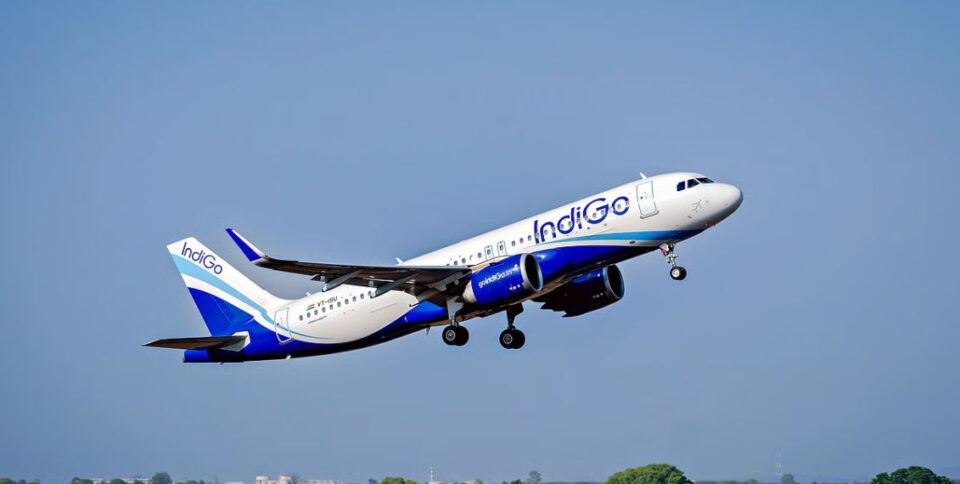NEW DELHI, Oct 2 – India and China will resume direct flight services later this month, ending a four-year suspension that began with the COVID-19 pandemic and was prolonged by border tensions in eastern Ladakh, the Ministry of External Affairs (MEA) said Thursday.
According to the MEA, direct air services connecting designated points in both countries can restart by late October, subject to the “commercial decisions of the designated carriers and fulfillment of all operational requirements.”
Direct flights between India and China have remained suspended since March 2020. Their absence forced passengers to rely on transit hubs in Singapore, Bangkok, Kuala Lumpur, Hong Kong, and Vietnam, reducing India–China passenger traffic to less than half of pre-pandemic levels.
IndiGo restarts Kolkata–Guangzhou services
IndiGo became the first carrier to announce its return to the China route, with daily non-stop services between Kolkata and Guangzhou starting October 26. Pending regulatory approvals, IndiGo also plans to launch direct flights between Delhi and Guangzhou in the near future.
The resumption follows months of negotiations between Indian and Chinese civil aviation authorities. Earlier this year, technical-level talks were held on updating the air services agreement. During Foreign Secretary Vikram Misri’s visit to Beijing in January, China pressed for the restoration of direct flights and normalisation of visa issuances. Both sides agreed “in principle” at that time.
Momentum picked up during Chinese Foreign Minister Wang Yi’s August visit to New Delhi, where both countries agreed to restore connectivity “at the earliest.”
Airlines from other hubs filled the gap
With the India–China sector closed, regional carriers in Southeast and East Asia capitalised on the gap. Hong Kong, despite its separate visa regime and special administrative status, has served as the top connecting hub for passengers travelling between India and mainland China.
Industry observers say the resumption of direct services will benefit both business and student travel, which have been badly hit since the suspension.

